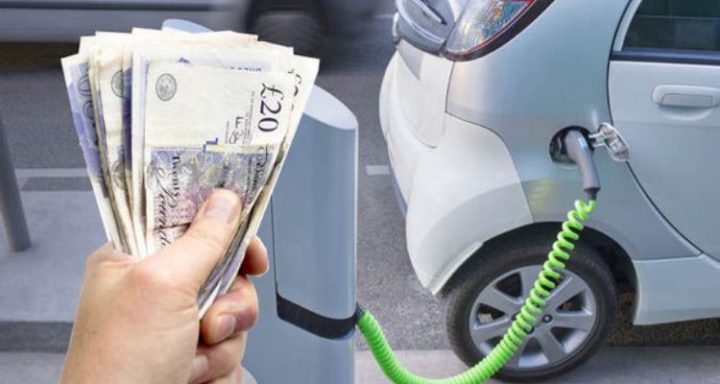Total cost of ownership is the biggest challenge facing UK fleets, shows the new Arval Mobility Observatory Barometer.
It was named by 48% almost of respondents in this new research – a jump from 31% when the same question was asked last year.
Other challenges included implementing alternative energy strategies (46%), inducing more responsible driving (39%), adapting to restrictive policies on ICE (32%), adapting to low emissions zones in urban areas (32%), managing longer vehicle delivery times (23%), adjusting to new ways of working (13%), adapting to evolution of car selling models (10%), and implementing mobility solutions (9%).
John Peters, Head of Arval Mobility Observatory in the UK, said: “The reasons behind the increase seen for total cost of ownership are not difficult to discern. The core costs of running company cars and vans – from acquisition to maintenance to insurance – have all been rising while, at the same time, economic growth has been limited. This places an increased onus on managers to minimise the expense of operating the fleet.
“In recent years, we’ve seen an emphasis among our customer base at Arval UK on identifying ways to contain these rising costs, and our consultancy team are very much involved in helping them meet this objective, working on dozens of client missions covering over 30 different kinds of savings projects to deliver cost reductions.
“Even for mature fleets, we find, there are always opportunities to be more efficient and our experts can help support those efforts.”
John also highlighted other areas where sharp rises were seen – implementing alternative energy strategies has increased from 39% to 46% year on year, while inducing more responsible driving has seen an uptick to 39% from 30%.
He said: “The first of these is easily explained, with the growing use of electric cars and vans across a wider spread of fleets. Concentrating on road safety is less easily accounted for, although it is possible that more businesses are examining driver behaviour in the face of rising insurance premiums.
“It’s also interesting to look at the areas where fleet worries are apparently falling. Managers appear less concerned about low emission zones for example, suggesting they have successfully handled the introduction of these in major cities, while lingering post-pandemic trends such as longer vehicle delivery times and adapting to hybrid working have also seen reductions, probably as they become part of the normal fleet landscape.”
John added that it was notable fleet running costs were also a rapidly growing source of unease on both a European and global basis, according to the Barometer, although not to quite the extent that our research indicates for the UK.
“It does seem to be the case that our fleets are feeling a higher degree of pressure.”
